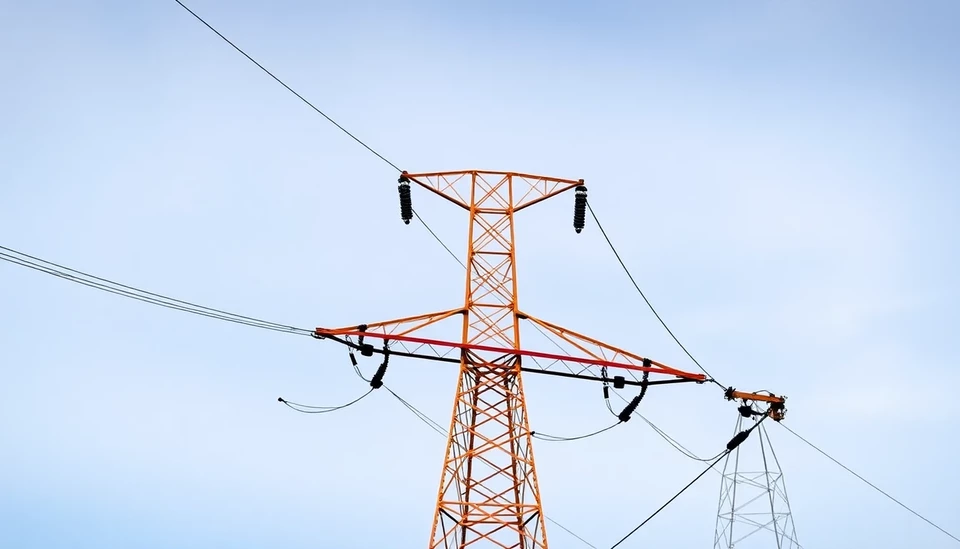
In a landmark achievement for the nation's energy sector, South Africa has celebrated seven consecutive months without experiencing any blackouts, a stark contrast to the frequent outages that plagued the country prior to this turning point. This significant milestone reflects the government's ongoing efforts to stabilize the electricity supply amid long-standing challenges within the power grid and the wider implications for both the economy and daily life of its citizens.
For over a decade, Eskom, the state-owned utility, struggled to meet the energy demands of South Africa’s growing population and its industrial base. The country faced intermittent power outages, known locally as "load shedding," that disrupted not only businesses but also the everyday lives of millions. Critics often pointed to mismanagement, insufficient maintenance, and a lack of investment as contributing factors to the deteriorating state of the electrical grid.
However, the past several months have indicated a positive shift. The efforts by the government to enhance operational efficiency and undertake substantial maintenance of the aging power plants have seemingly begun to yield results. Eskom initiated a program to refurbish old power plants and bring additional generating capacity online, alongside pursuing alternative energy solutions, including renewables. This strategy aims to diversify South Africa's energy sources and reduce reliance on coal, which has been a significant contributor to blackouts.
Further reinforcing this positive trend, South Africa’s National Energy Regulator has approved a series of tariff hikes that ensure more financial stability for Eskom. These adjustments were aimed at providing the utility with the necessary capital to fund its refurbishment projects and expand infrastructure, addressing the systemic issues that led to previous failures in service provision.
The absence of blackouts in the past seven months has had a palpable impact on various sectors of the economy. Industries are beginning to recover from the adverse effects of previous outages, and businesses are restoring confidence in investing and expanding operations. Moreover, households are experiencing fewer disruptions, contributing to an improved quality of life. Public sentiment appears to be shifting, with citizens expressing cautious optimism regarding Eskom’s future performance and the government’s handling of energy policy.
As South Africa navigates these improvements, the focus remains on sustaining this momentum. Industry analysts warn that while current conditions are promising, vigilance and continued investment are crucial in the face of potential challenges ahead. The government is pressed to continue engaging in reforms that facilitate a more robust and sustainable energy infrastructure while balancing the demands of an evolving electricity market.
Looking ahead, South Africa's goal is not merely to maintain power stability, but also to transition to a greener, more sustainable energy landscape. With climate change pressing for immediate action, a shift towards renewable energy sources such as solar and wind is becoming more critical. The successful integration of these technologies could not only ensure reliability but also cater to global environmental commitments.
In conclusion, the seven-month mark without blackouts stands as a testament to the collaborative efforts undertaken by the South African government, Eskom, and citizens. With determination to navigate and learn from its past challenges, South Africa's energy future holds promising possibilities, contingent on careful management and innovative energy solutions.
#SouthAfrica #Eskom #PowerStability #Blackouts #EnergyReform #RenewableEnergy #Electricity #LoadShedding #EconomicRecovery #Sustainability
Author: Rachel Greene




